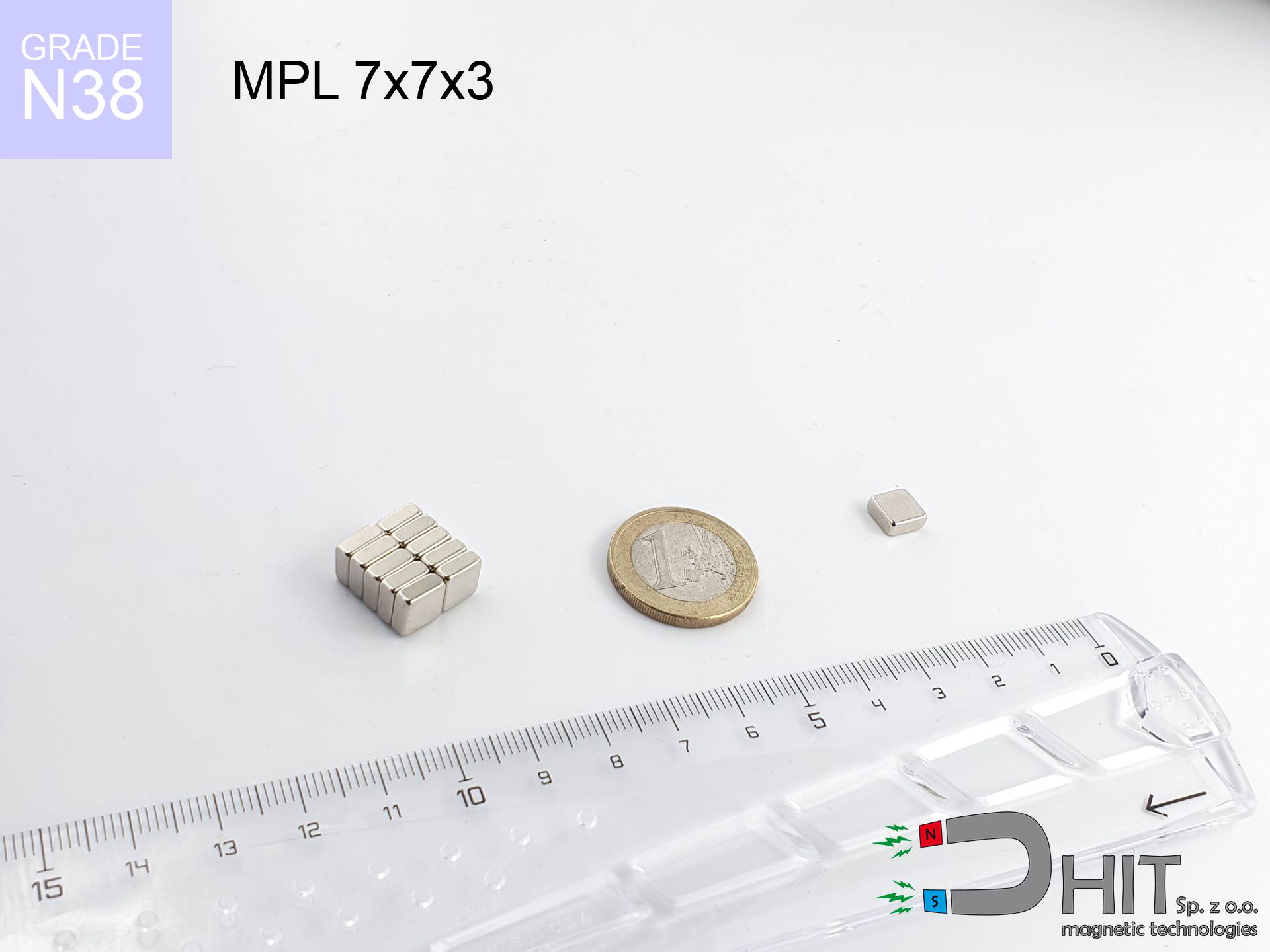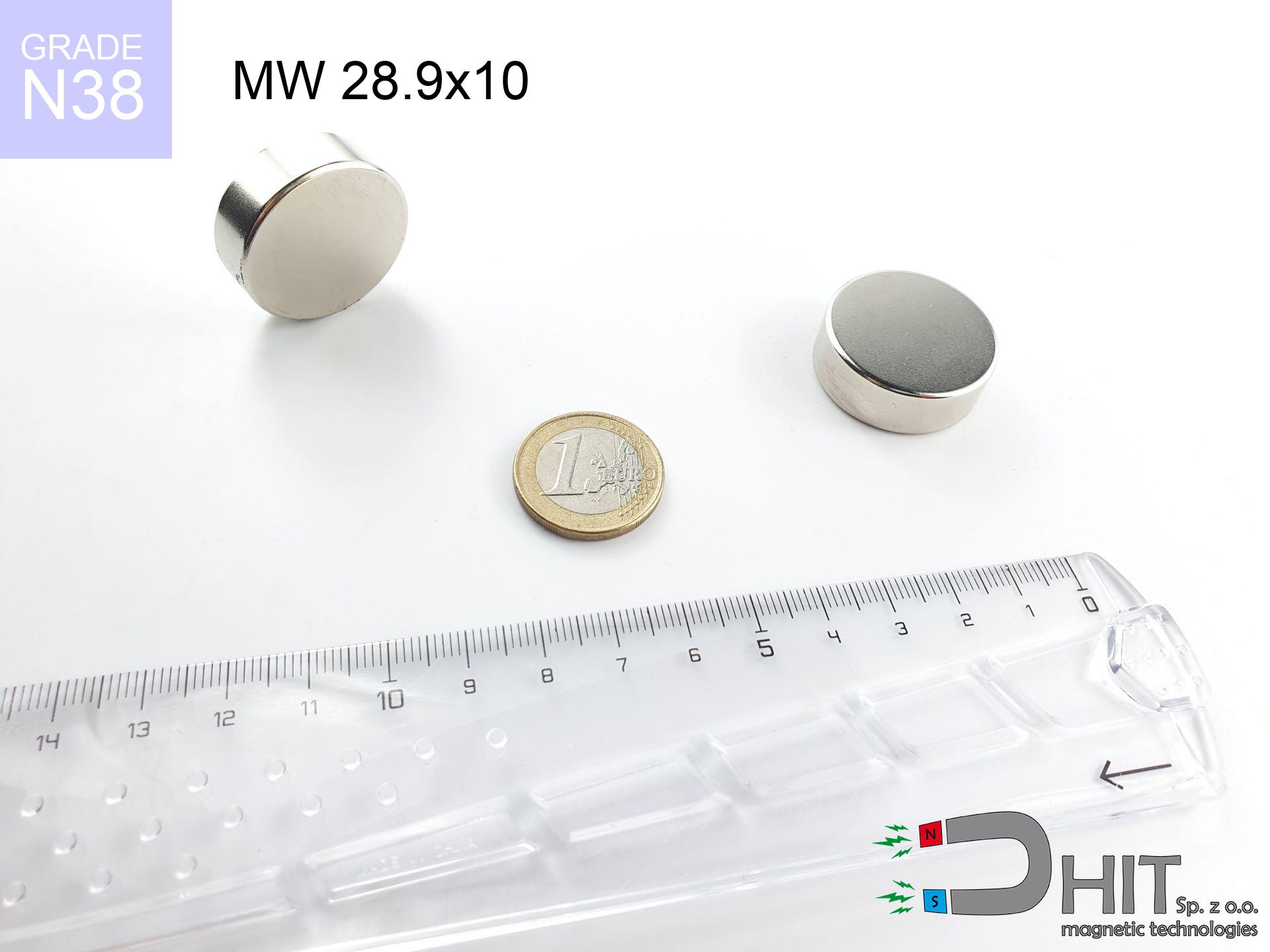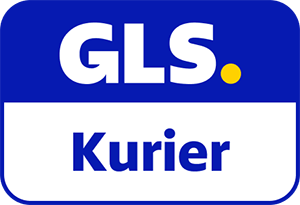UMGW 20x15x7 [M4] GW / N38 - magnetic holder internal thread
magnetic holder internal thread
Catalog no 180316
GTIN/EAN: 5906301813729
Diameter Ø
20 mm [±1 mm]
Height
15 mm [±1 mm]
Height
7 mm [±1 mm]
Weight
15.5 g
Load capacity
9.00 kg / 88.26 N
6.49 ZŁ with VAT / pcs + price for transport
5.28 ZŁ net + 23% VAT / pcs
bulk discounts:
Need more?
Contact us by phone
+48 888 99 98 98
or let us know through
form
the contact form page.
Lifting power as well as appearance of a magnet can be calculated on our
power calculator.
Order by 14:00 and we’ll ship today!
Technical of the product - UMGW 20x15x7 [M4] GW / N38 - magnetic holder internal thread
Specification / characteristics - UMGW 20x15x7 [M4] GW / N38 - magnetic holder internal thread
| properties | values |
|---|---|
| Cat. no. | 180316 |
| GTIN/EAN | 5906301813729 |
| Production/Distribution | Dhit sp. z o.o. |
| Country of origin | Poland / China / Germany |
| Customs code | 85059029 |
| Diameter Ø | 20 mm [±1 mm] |
| Height | 15 mm [±1 mm] |
| Height | 7 mm [±1 mm] |
| Weight | 15.5 g |
| Load capacity ~ ? | 9.00 kg / 88.26 N |
| Manufacturing Tolerance | ±1 mm |
Magnetic properties of material N38
| properties | values | units |
|---|---|---|
| remenance Br [min. - max.] ? | 12.2-12.6 | kGs |
| remenance Br [min. - max.] ? | 1220-1260 | mT |
| coercivity bHc ? | 10.8-11.5 | kOe |
| coercivity bHc ? | 860-915 | kA/m |
| actual internal force iHc | ≥ 12 | kOe |
| actual internal force iHc | ≥ 955 | kA/m |
| energy density [min. - max.] ? | 36-38 | BH max MGOe |
| energy density [min. - max.] ? | 287-303 | BH max KJ/m |
| max. temperature ? | ≤ 80 | °C |
Physical properties of sintered neodymium magnets Nd2Fe14B at 20°C
| properties | values | units |
|---|---|---|
| Vickers hardness | ≥550 | Hv |
| Density | ≥7.4 | g/cm3 |
| Curie Temperature TC | 312 - 380 | °C |
| Curie Temperature TF | 593 - 716 | °F |
| Specific resistance | 150 | μΩ⋅cm |
| Bending strength | 250 | MPa |
| Compressive strength | 1000~1100 | MPa |
| Thermal expansion parallel (∥) to orientation (M) | (3-4) x 10-6 | °C-1 |
| Thermal expansion perpendicular (⊥) to orientation (M) | -(1-3) x 10-6 | °C-1 |
| Young's modulus | 1.7 x 104 | kg/mm² |
Elemental analysis
| iron (Fe) | 64% – 68% |
| neodymium (Nd) | 29% – 32% |
| boron (B) | 1.1% – 1.2% |
| dysprosium (Dy) | 0.5% – 2.0% |
| coating (Ni-Cu-Ni) | < 0.05% |
Environmental data
| recyclability (EoL) | 100% |
| recycled raw materials | ~10% (pre-cons) |
| carbon footprint | low / zredukowany |
| waste code (EWC) | 16 02 16 |
Other deals
Advantages and disadvantages of neodymium magnets.
Advantages
- Their strength is maintained, and after approximately 10 years it drops only by ~1% (according to research),
- They are noted for resistance to demagnetization induced by external disturbances,
- Thanks to the metallic finish, the layer of Ni-Cu-Ni, gold-plated, or silver gives an aesthetic appearance,
- Magnets are distinguished by impressive magnetic induction on the outer side,
- Thanks to resistance to high temperature, they are capable of working (depending on the shape) even at temperatures up to 230°C and higher...
- Thanks to versatility in constructing and the ability to customize to complex applications,
- Huge importance in modern technologies – they are used in computer drives, motor assemblies, medical equipment, and technologically advanced constructions.
- Thanks to their power density, small magnets offer high operating force, with minimal size,
Cons
- To avoid cracks upon strong impacts, we recommend using special steel holders. Such a solution secures the magnet and simultaneously improves its durability.
- We warn that neodymium magnets can lose their power at high temperatures. To prevent this, we suggest our specialized [AH] magnets, which work effectively even at 230°C.
- They rust in a humid environment. For use outdoors we advise using waterproof magnets e.g. in rubber, plastic
- Limited possibility of producing threads in the magnet and complicated forms - recommended is casing - mounting mechanism.
- Health risk resulting from small fragments of magnets pose a threat, in case of ingestion, which gains importance in the aspect of protecting the youngest. Furthermore, small elements of these products can complicate diagnosis medical in case of swallowing.
- With mass production the cost of neodymium magnets is economically unviable,
Pull force analysis
Maximum holding power of the magnet – what contributes to it?
- on a block made of mild steel, optimally conducting the magnetic flux
- possessing a thickness of minimum 10 mm to avoid saturation
- with an ideally smooth touching surface
- under conditions of no distance (metal-to-metal)
- during detachment in a direction vertical to the plane
- in neutral thermal conditions
What influences lifting capacity in practice
- Clearance – the presence of foreign body (rust, tape, air) interrupts the magnetic circuit, which reduces capacity steeply (even by 50% at 0.5 mm).
- Force direction – catalog parameter refers to detachment vertically. When applying parallel force, the magnet exhibits much less (often approx. 20-30% of maximum force).
- Base massiveness – too thin sheet does not close the flux, causing part of the flux to be escaped to the other side.
- Steel type – low-carbon steel gives the best results. Alloy steels lower magnetic permeability and lifting capacity.
- Surface structure – the more even the surface, the larger the contact zone and stronger the hold. Roughness acts like micro-gaps.
- Temperature influence – high temperature reduces magnetic field. Too high temperature can permanently damage the magnet.
Lifting capacity was assessed with the use of a smooth steel plate of optimal thickness (min. 20 mm), under vertically applied force, however under attempts to slide the magnet the holding force is lower. In addition, even a small distance between the magnet and the plate decreases the lifting capacity.
Precautions when working with NdFeB magnets
Immense force
Handle magnets with awareness. Their immense force can shock even professionals. Stay alert and respect their power.
Shattering risk
Despite metallic appearance, neodymium is delicate and cannot withstand shocks. Do not hit, as the magnet may crumble into sharp, dangerous pieces.
Warning for heart patients
For implant holders: Powerful magnets affect medical devices. Maintain minimum 30 cm distance or request help to work with the magnets.
Demagnetization risk
Do not overheat. NdFeB magnets are susceptible to temperature. If you require resistance above 80°C, look for special high-temperature series (H, SH, UH).
Safe distance
Intense magnetic fields can destroy records on credit cards, hard drives, and storage devices. Keep a distance of min. 10 cm.
Bone fractures
Risk of injury: The attraction force is so great that it can result in hematomas, crushing, and even bone fractures. Protective gloves are recommended.
Metal Allergy
Allergy Notice: The Ni-Cu-Ni coating consists of nickel. If redness appears, cease working with magnets and use protective gear.
Fire warning
Mechanical processing of NdFeB material poses a fire risk. Magnetic powder oxidizes rapidly with oxygen and is difficult to extinguish.
Threat to navigation
Note: neodymium magnets produce a field that disrupts precision electronics. Keep a safe distance from your phone, device, and navigation systems.
This is not a toy
Only for adults. Small elements can be swallowed, leading to intestinal necrosis. Store away from kids and pets.

![Magnetic holder with internal thread UMGW 20x15x7 [M4] GW / N38 Magnetic holder with internal thread UMGW 20x15x7 [M4] GW / N38](https://cdn3.dhit.pl/graphics/banners/magnet.webp)
![UMGW 20x15x7 [M4] GW / N38 - magnetic holder internal thread](https://cdn3.dhit.pl/graphics/products/um-20x15x7-m4-gw-big.jpg)
![UMGW 20x15x7 [M4] GW / N38 - magnetic holder internal thread - ujęcie 2](https://cdn3.dhit.pl/graphics/products/umgw-20x15x7-m4-gw-sef.jpg)
![SM 32x325 [2xM8] / N42 - magnetic separator SM 32x325 [2xM8] / N42 - magnetic separator](https://cdn3.dhit.pl/graphics/products/sm-32x325-2xm8-fog.jpg)




